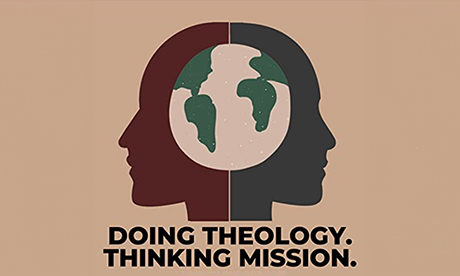Teaching Catholic missionaries at a Catholic university where they can be educated in mission theology and pastoral outreach is important, says Pope Francis.
Francis says it is essential that the Pontifical Urban University keeps its centuries-old focus on preparing missionaries who come from and go out to the world and its varied cultures.
The university’s “missionary and intercultural specificity” must be clearly visible in the “quality of the formation that it offers” Francis says.
He says that “this way can be creative in mediating the Christian message vis-à-vis other cultures and religions”.
The world needs energetic, enthusiastic missionary priests, consecrated persons and lay people to adapt the Gospel’s teachings and practices to the cultures they are seeking to evangelise.
“These two things always go together: the evangelisation of culture and the inculturation of the Gospel.” This is what Francis told the Dicastery for Evangelisation members responsible for the Pontifical Urban University and the Church’s so-called “mission territories”.
The mixed group, including cardinals, bishops and men and women religious from every continent, held a special plenary session at the Vatican last week.
The almost 500-year old university which was established to train missionaries currently has 1,357 students from 102 nations enrolled for the 2021-22 academic year.
Fides, the Dicastery’s news agency, says that most of the students receive scholarships from the Dicastery itself.
The university
Last Thursday Fides reported that a reorganisation of the university’s staff was underway.
After evaluating the courses the university offers and the number of students enrolled in each class, the 2024-25 academic year will see fewer academic teaching staff.
There will be 47 instead of 62 “full professors” and 40 rather than 113 “adjunct” or “visiting” lecturers.
Despite rumours suggesting the Urbanian was about to be “blended” into another university, Francis said this is not the case.
“The inspiration and needs that led to the foundation of the university remain as timely as ever” Francis said.
But “this heritage needs to find contemporary expression in efforts to respond to the challenges presently facing the church and our world.
“We do not live in a Christian society” he said, “but we are called to live as Christians in today’s pluralistic society — as Christians and open to others.”
Source
